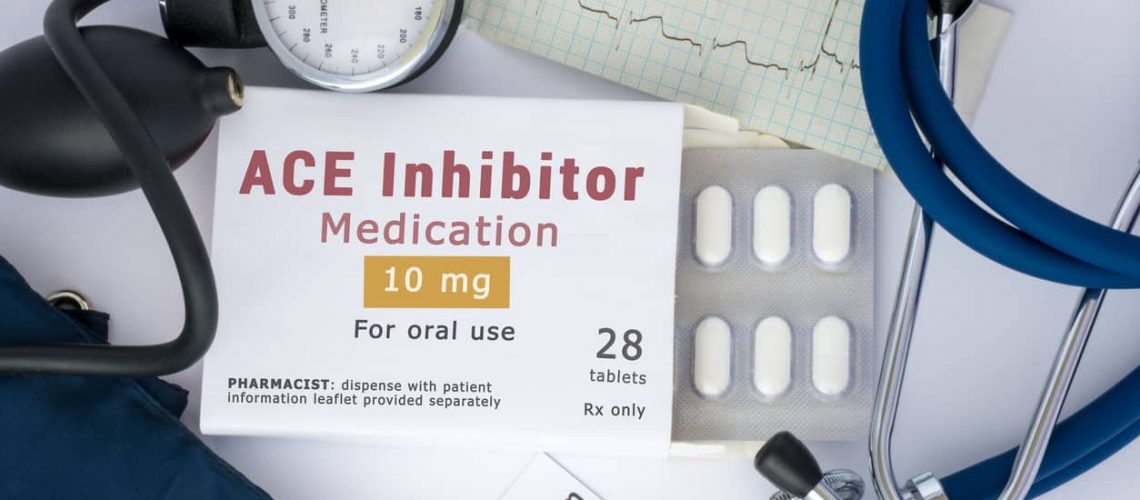Membrane-bound angiotensin-converting enzyme 2 (ACE2) is the functional receptor for SARS-CoV-2, the virus which causes COVID-19. Drugs such as angiotensin-converting enzyme inhibitors (ACEIs) and angiotensin II receptor blockers (ARBs) upregulate ACE2, raising concerns about their safety in patients with COVID-19.
The BRACE-CORONA trial is the first randomised trial to address the question of whether patients with COVID-19 should continue to take angiotensin-converting-enzyme inhibitors (ACEIs) or angiotensin-receptor blockers (ARBs). The primary outcome was the number of days alive and out of the hospital at 30 days. The trial showed no significant difference in the mean number of days alive and out of the hospital for those assigned to discontinue vs those assigned to continue these medications. Indeed there were hints that continuing to take ACEIs or ARBs may be beneficial for patients with more severe COVID-19. These findings do not support routinely discontinuing ACEIs or ARBs among patients hospitalised with mild to moderate COVID-19 if there is an indication for treatment.
